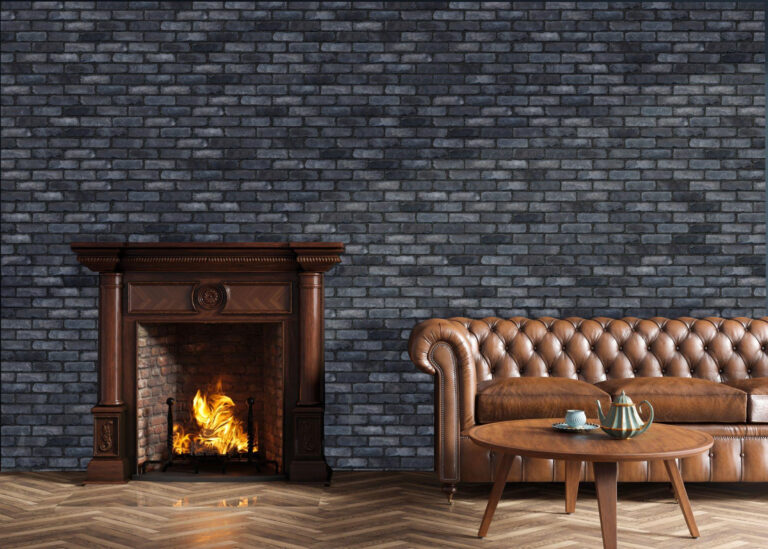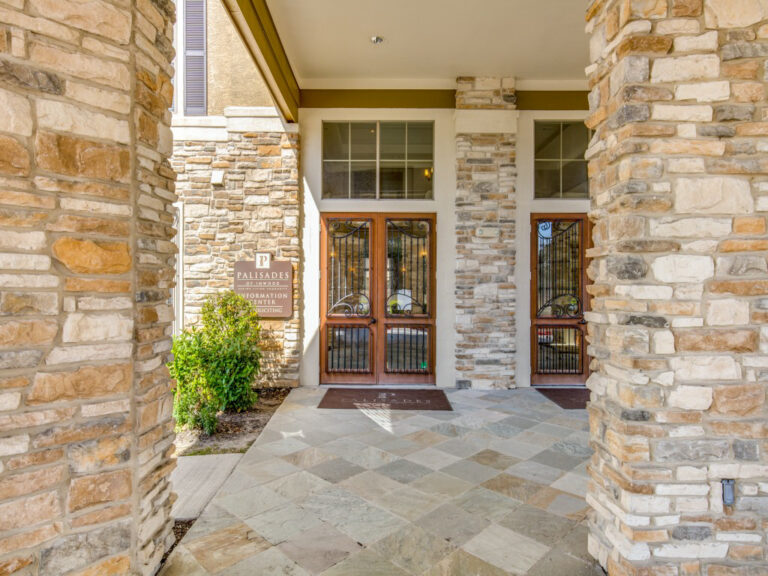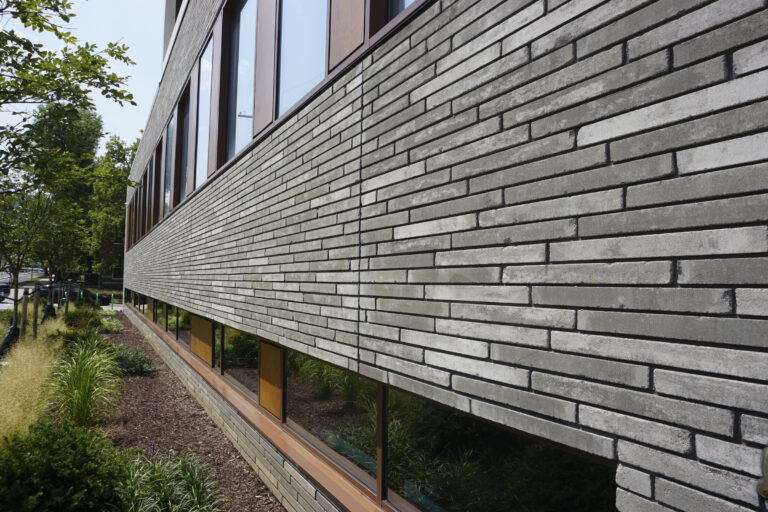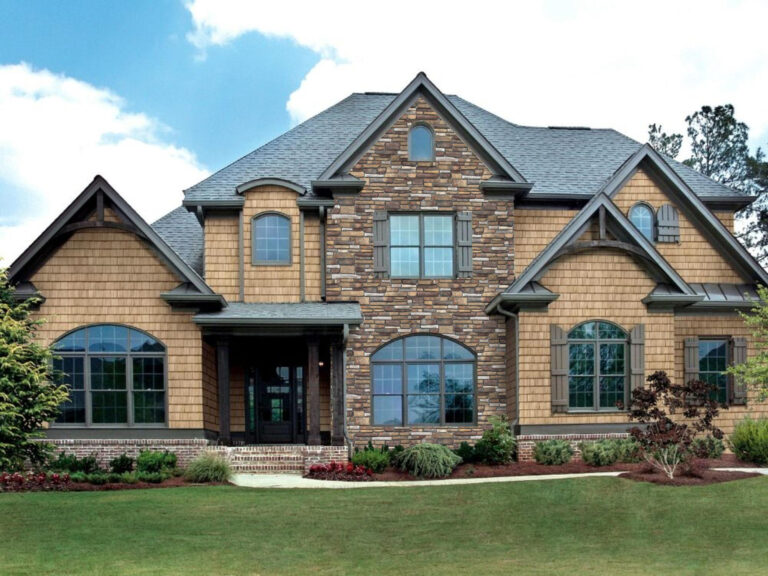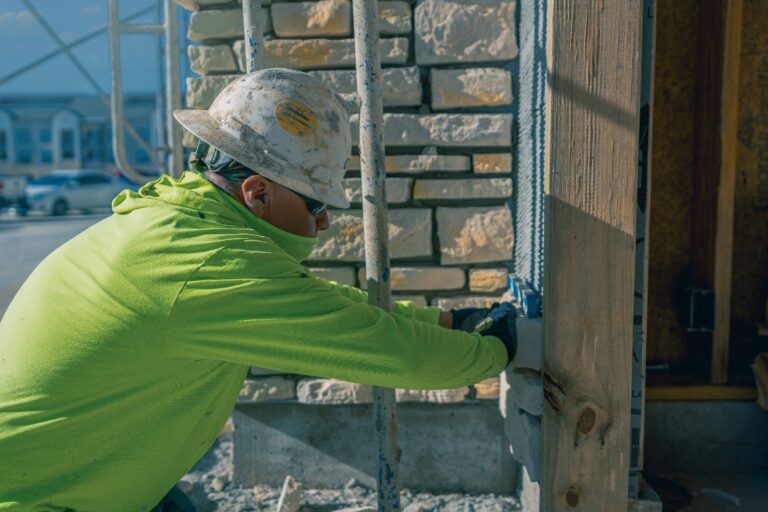Understanding Mortar Types for Stone Veneer: Poly-Modified, Type S, and Type N
Choosing the right mortar for stone veneer is about more than just holding stones in place—it directly affects your project’s durability, ease of installation, and long-term performance. Whether you’re working on an interior fireplace or an exterior wall, the type of mortar you use determines how well the stone adheres, how it weathers over time, and even how it looks once cured.
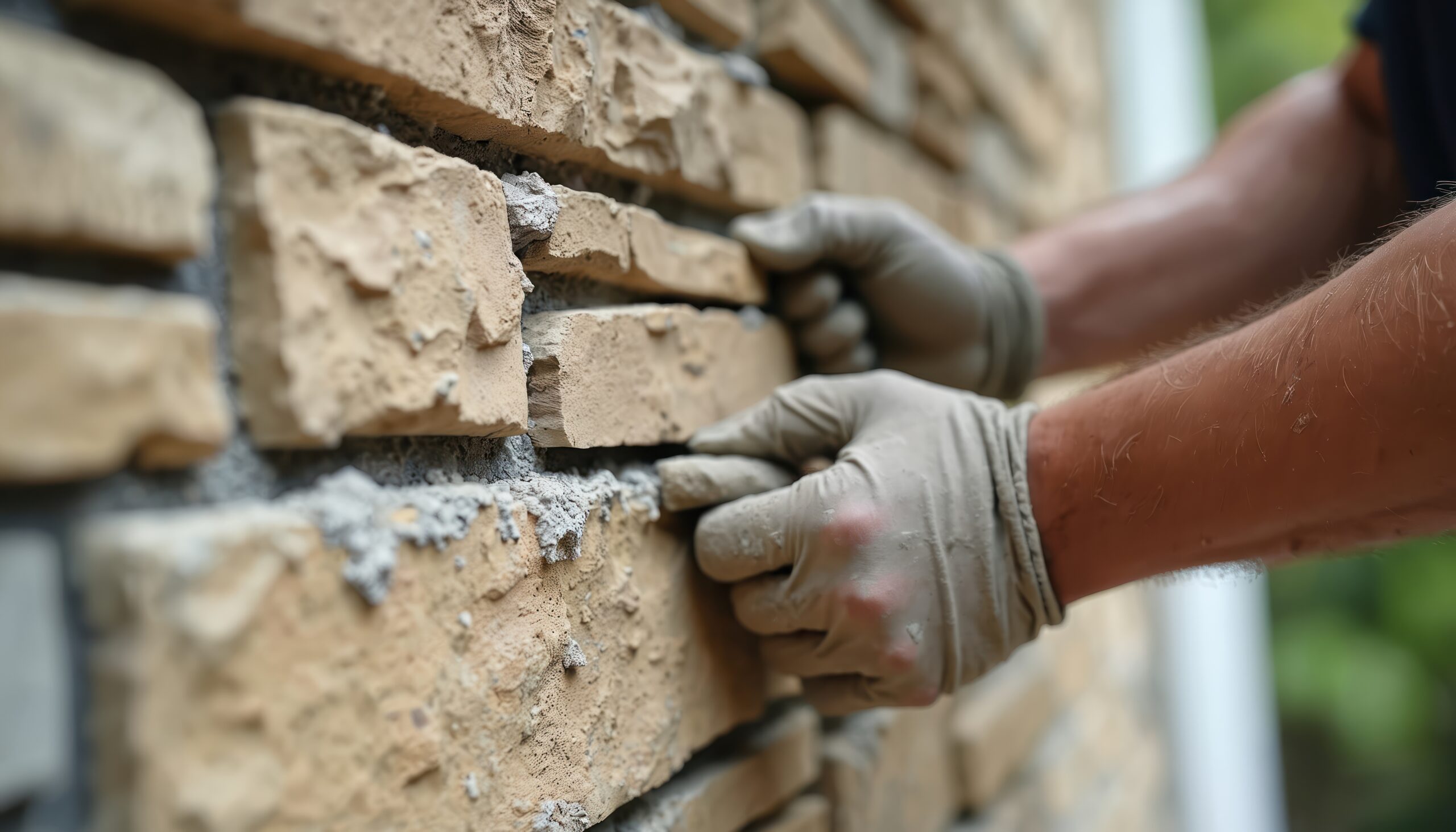
Choosing the right mortar for stone veneer is about more than just holding stones in place—it directly affects your project’s durability, ease of installation, and long-term performance. Whether you’re working on an interior fireplace or an exterior wall, the type of mortar you use determines how well the stone adheres, how it weathers over time, and even how it looks once cured.
The three most common mortar types for stone veneer are Poly-Modified Mortar, Type S Mortar, and Type N Mortar. Each offers unique advantages depending on the application, environment, and desired finish.
1. Poly-Modified Mortar: The Modern Adhesion Powerhouse
What it is:
Poly-modified (polymer-modified) mortar is a cement-based mortar enhanced with polymers—plastic-like additives that increase flexibility, bond strength, and water resistance. These modern mortars are often pre-blended, requiring only water for mixing, and are specifically designed for manufactured stone veneer and thin natural stone applications.
Where it’s used:
- Manufactured stone veneer systems
- Interior and exterior walls
- Projects requiring strong adhesion without mechanical support
- Installations in freeze-thaw climates or wet environments
Benefits:
- Superior bond strength – adheres exceptionally well to substrates like concrete, masonry, or cement board.
- Flexible – resists cracking from minor substrate movement or temperature changes.
- Water-resistant – better suited for exterior and high-moisture areas.
- Consistent performance – comes pre-mixed with the right ratio of polymers and sand.
Best for:
Modern installations where ease, performance, and longevity are top priorities. Poly-modified mortars are ideal for professional installers who want predictable results and strong adhesion without the need for extra additives.
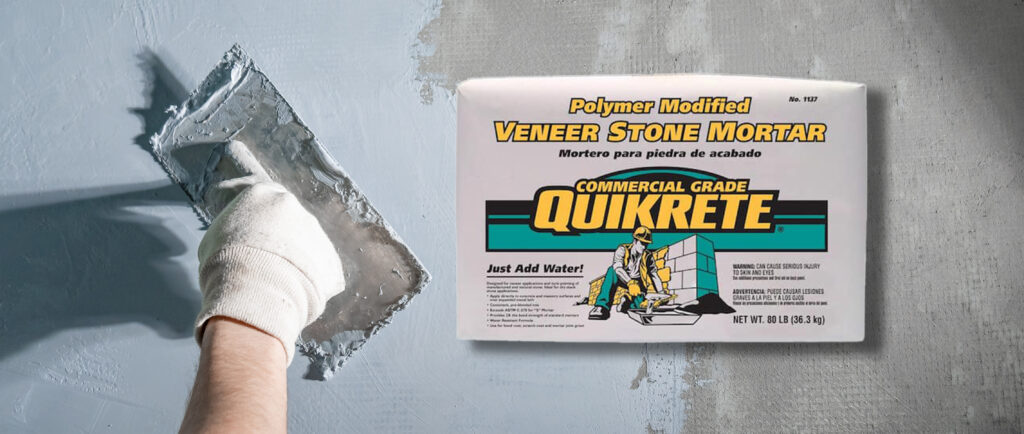
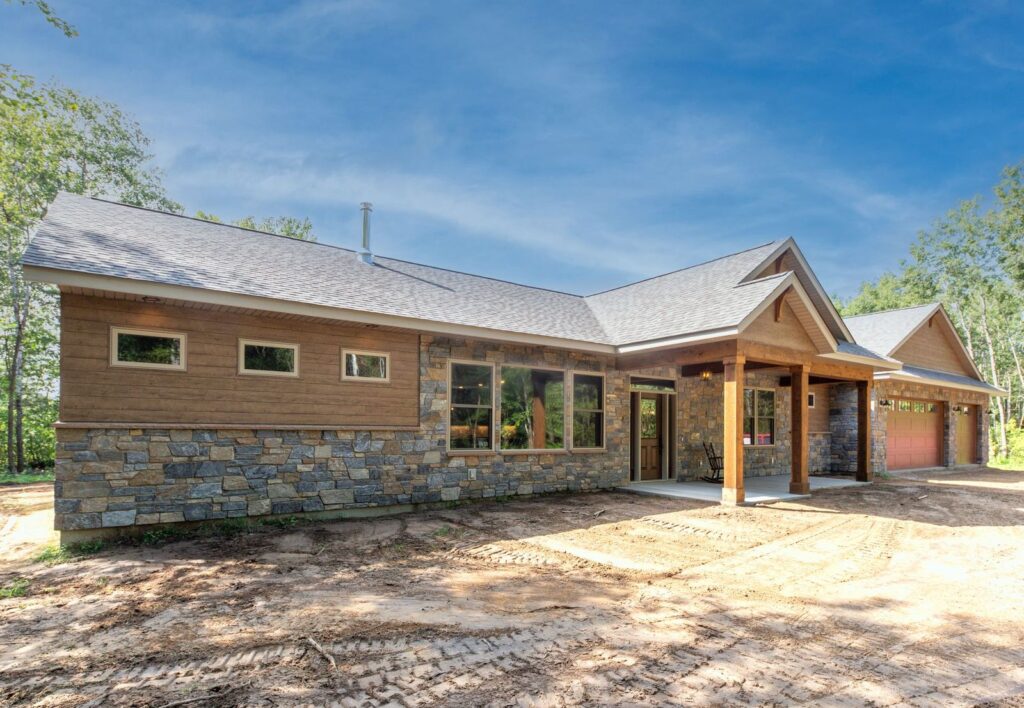
2. Type S Mortar: Strong, Durable, and Built for the Outdoors
What it is:
Type S mortar is a traditional mix made from Portland cement, sand, and lime, formulated to provide high compressive and tensile strength. It’s the go-to mortar for structural and exterior applications, especially where the stone veneer must withstand the elements.
Where it’s used:
- Exterior stone veneer walls
- Foundations, retaining walls, and chimneys
- Areas exposed to wind, rain, and freeze-thaw cycles
- Heavier natural stone installations
Benefits:
- High strength (1,800 psi minimum) – durable under pressure and impact.
- Weather-resistant – performs well in exterior conditions.
- Versatile – suitable for both load-bearing and veneer applications.
Best for:
Outdoor projects where strength and durability matter most. Type S is perfect for veneer that needs to stand up to weather extremes or for heavier natural stones that require more structural bonding.
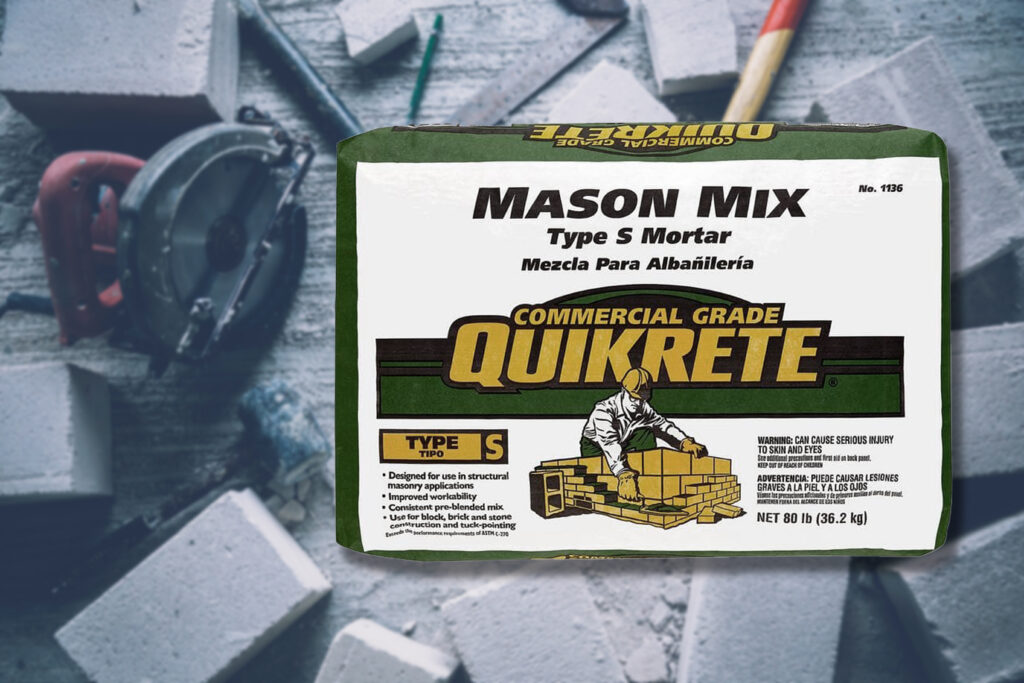
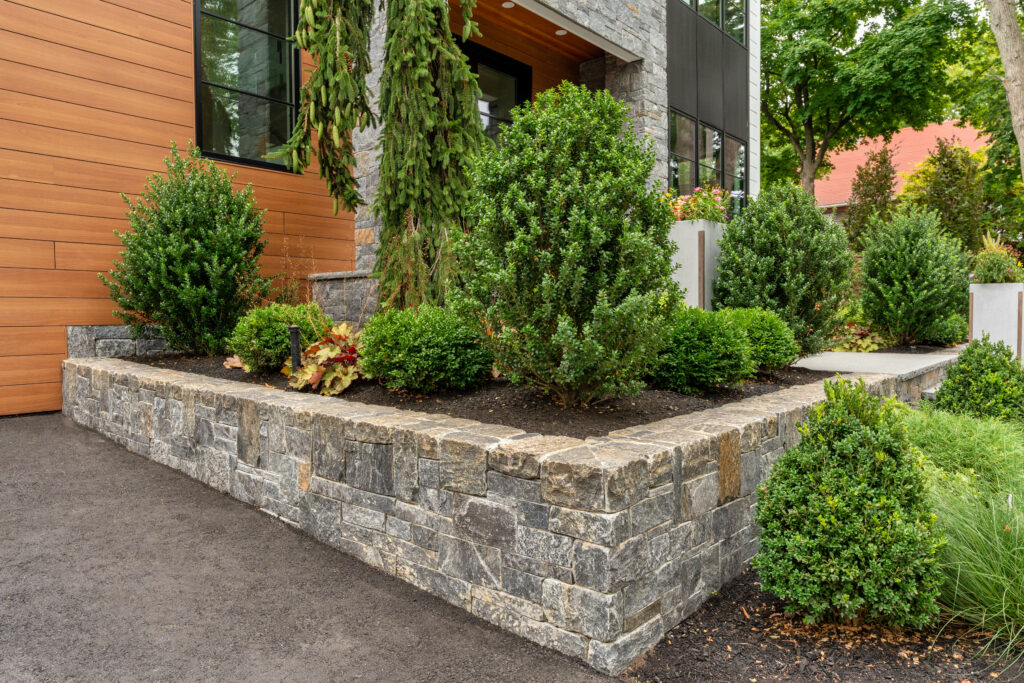
3. Type N Mortar: Smooth, Workable, and Ideal for Interiors
What it is:
Type N mortar is a medium-strength mix of Portland cement, lime, and sand, with a compressive strength around 750 psi. It’s more flexible and workable than Type S, making it a favorite for interior stone veneer, decorative masonry, and projects where extreme strength isn’t required.
Where it’s used:
- Interior stone veneer walls and fireplaces
- Decorative non-load-bearing applications
- Mild outdoor climates with minimal freeze-thaw exposure
Benefits:
- Easier to work with – smooth and forgiving during installation.
- More flexible – helps absorb small structural movements without cracking.
- Attractive finish – great for detailed stonework and visible joints.
Best for:
Interior projects and aesthetic stone installations where workability, appearance, and flexibility are more important than raw strength.
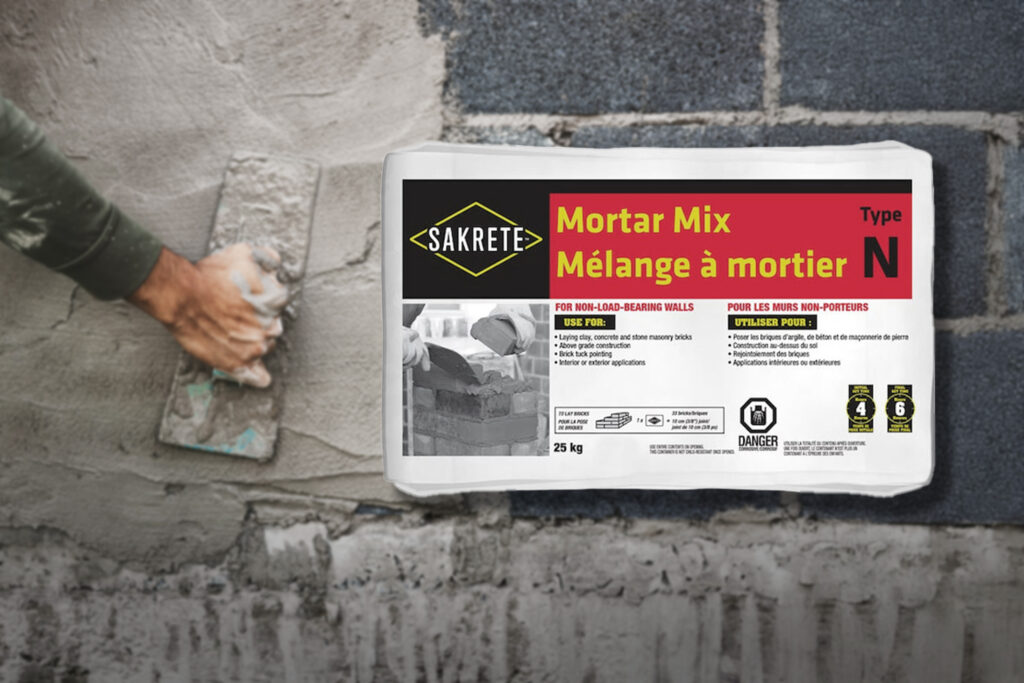
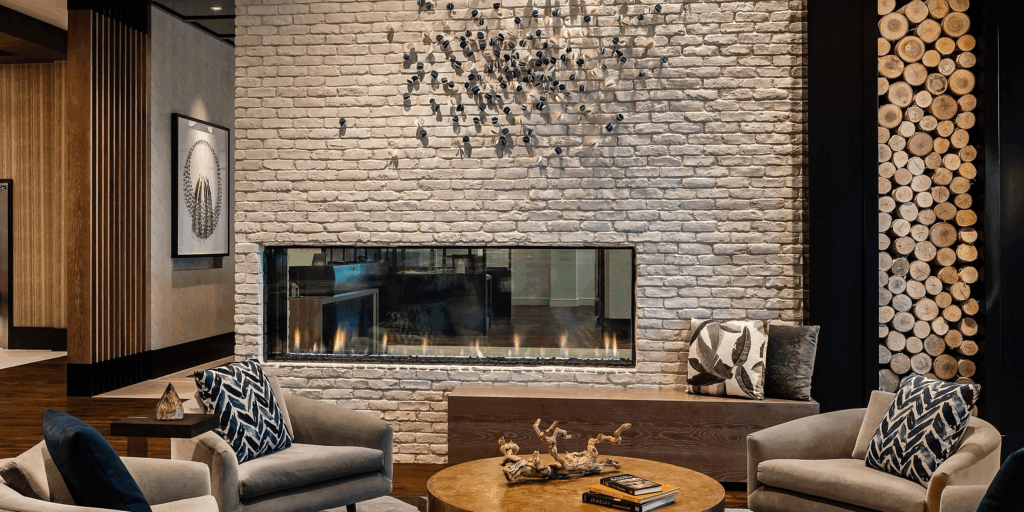
Choosing the Right Mortar for Your Project
Each mortar type has a specific purpose, and selecting the right one ensures a lasting installation:
| Mortar Type | Strength | Flexibility | Best Use |
| Poly-Modified | High | High | Modern veneer systems, interior & exterior |
| Type S | Very High | Moderate | Exterior walls, chimneys, heavy stone |
| Type N | Medium | High | Interior veneers, decorative walls |
Quick tip:
- Use Poly-Modified for manufactured stone veneer or when maximum bond strength is critical.
- Use Type S for heavy-duty exterior applications.
- Use Type N for interior or decorative work where ease and finish matter most.
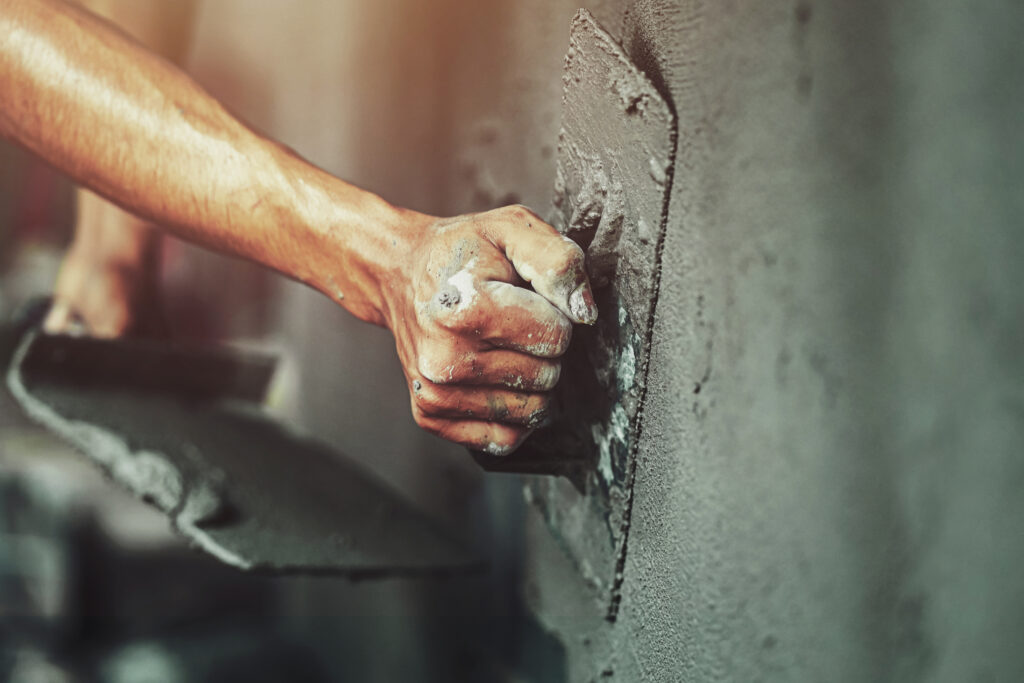
Final Thoughts
Final Thoughts
Mortar may not be the first thing you think about when designing with stone veneer—but it’s the backbone of every successful installation. Understanding the differences between Poly-Modified, Type S, and Type N mortars helps you choose the right mix for both the performance and aesthetic goals of your project.
The right mortar ensures your stone veneer not only looks beautiful on day one, but stays securely in place and weathers gracefully for decades to come.
For more information on Toro Stone please visit www.torostone.com
